Studies show that superfoods high in antioxidants help prevent heart disease and cancer, the two leading causes of death in America. These nutritious whole foods promise to transform your health and revolutionize your taste buds.
Avocado: The Creamy Powerhouse

Avocado offers a rich blend of vitamins E, K, and C alongside fiber that promotes digestive health. Its creamy texture makes it versatile in smoothies, salads, and even desserts. Embracing avocado in your diet could mean a step towards balanced nutrition.
Blueberries: Nature’s Antioxidant Gems

Blueberries are packed with antioxidants, specifically anthocyanins, which combat oxidative stress. Their sweet yet tart flavor is perfect for breakfast bowls or as a natural sweetener in baking. Integrating blueberries into your daily diet can support brain health and potentially ward off chronic diseases.
Kale: The Leafy Green Superstar

Kale has taken the health world by storm, and for good reason. This leafy green is a vitamin powerhouse, offering vitamins A, K, and C, along with minerals like calcium and iron. Its slightly peppery taste adds a kick to salads, soups, and smoothies. Regular consumption of kale can enhance your immune system and support bone health.
Quinoa: The Ancient Grain Reborn
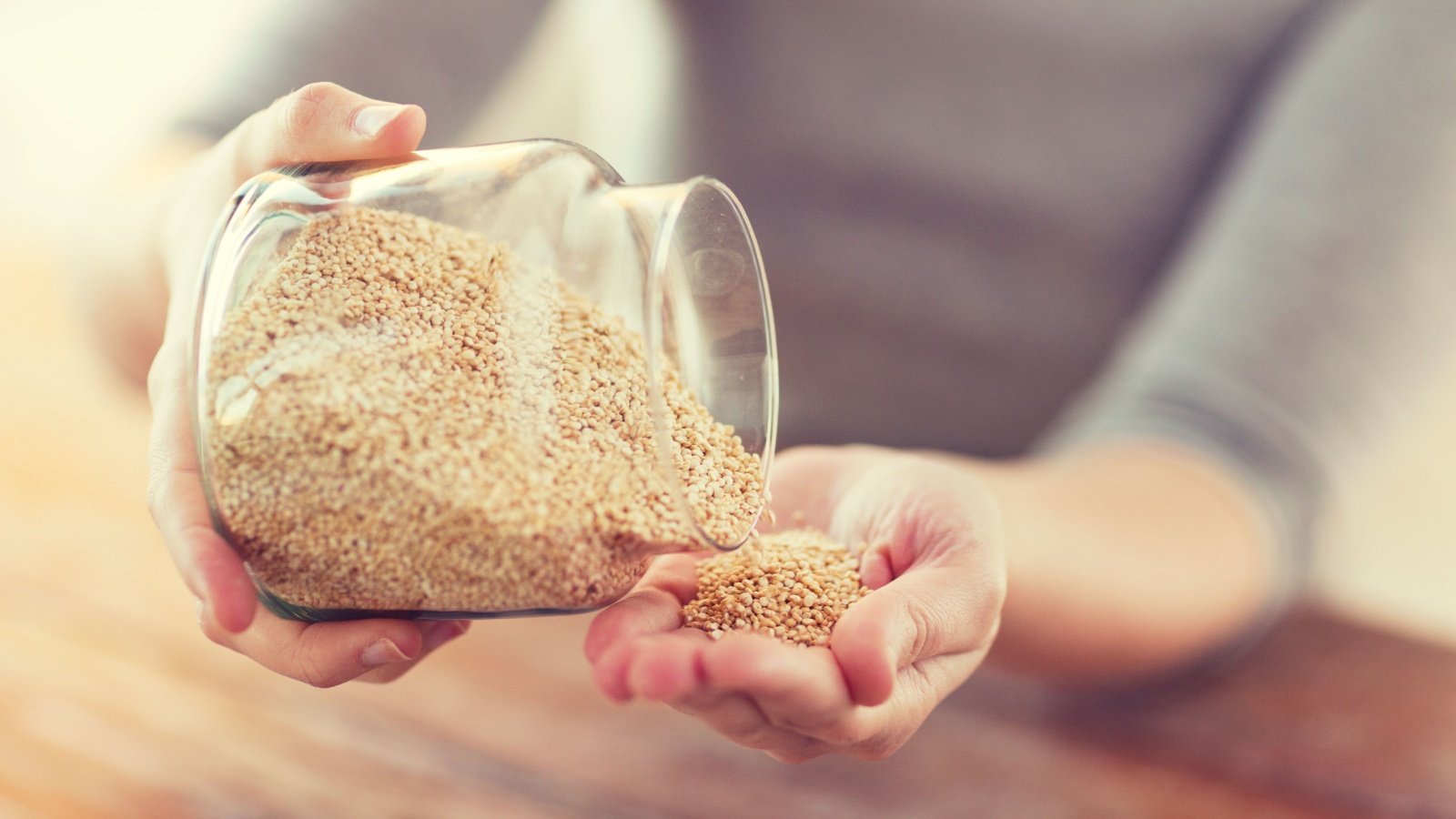
Quinoa, once a staple for Incan warriors, is now a modern superfood. This gluten-free grain is a complete protein, containing all nine essential amino acids. Its subtle nutty flavor complements both sweet and savory dishes. Adding quinoa to your meals ensures a fiber-rich diet that can aid in maintaining healthy blood sugar levels.
Salmon: The Omega-3 Powerhouse

Wild-caught salmon is a flavorful way to get your omega-3 fatty acids, which are crucial for brain and heart health. This pink-fleshed fish is also a great source of protein and vitamin D. Whether grilled, baked, or poached, salmon offers a delicate, rich flavor. Regularly enjoying salmon can contribute to a balanced diet and overall well-being.
Almonds: The Crunchy Nutrient Snack
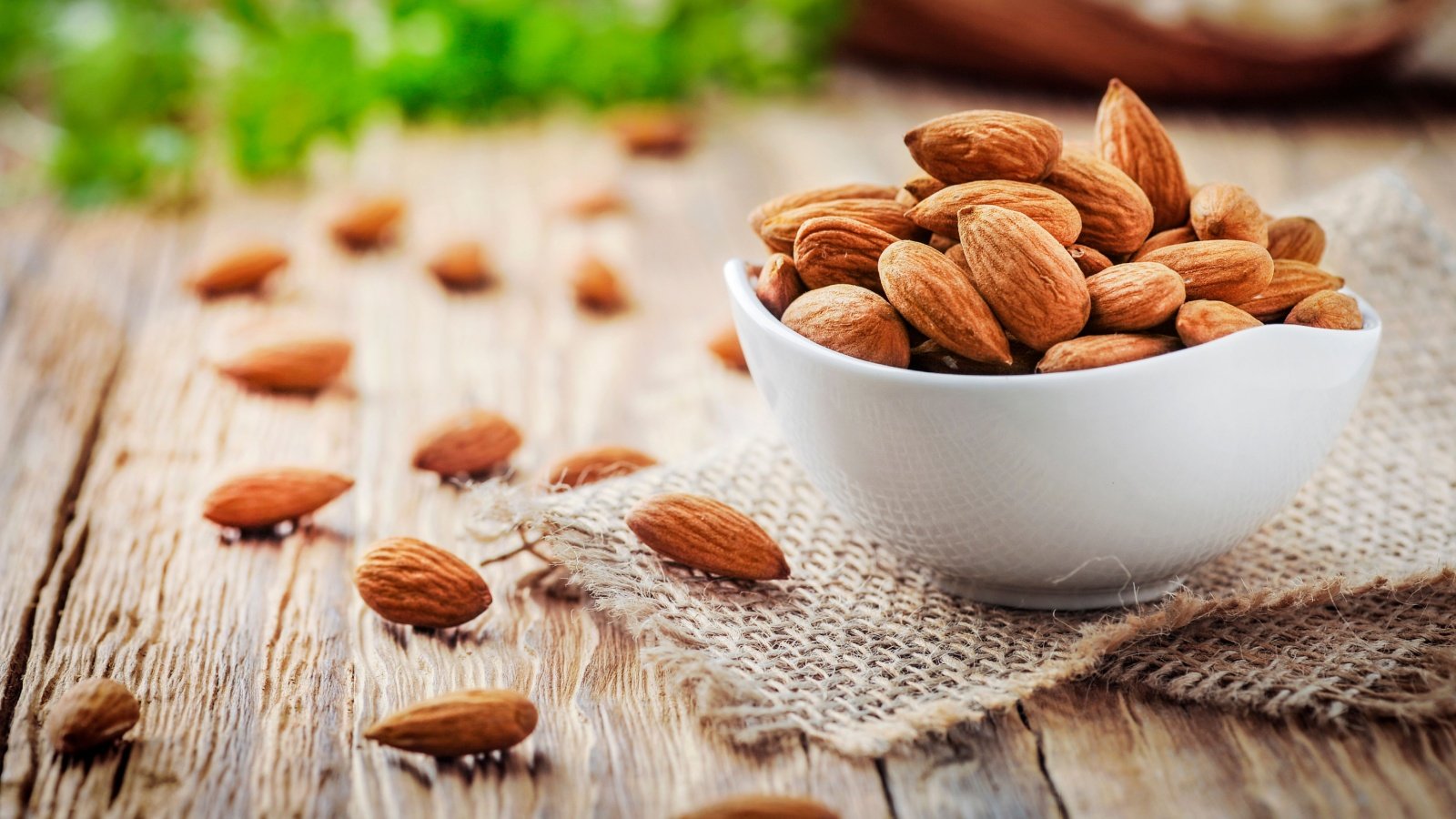
Almonds are packed with vitamin E, magnesium, and healthy fats. Their crunchy texture and buttery flavor make them a satisfying addition to oatmeal, salads, or on their own. Eating almonds can support heart health and provide sustained energy throughout the day. They’re a smart choice for a nutritious snack on the go.
Sweet Potatoes: The Colorful Comfort Food

Sweet potatoes are a vibrant and nutritious twist on the classic spud. They’re loaded with vitamins A and C, fiber, and antioxidants. Their natural sweetness shines in baked dishes, soups, and even desserts. Incorporating sweet potatoes into your diet can enhance your immune system and eye health.
Chia Seeds: The Tiny Powerhouses
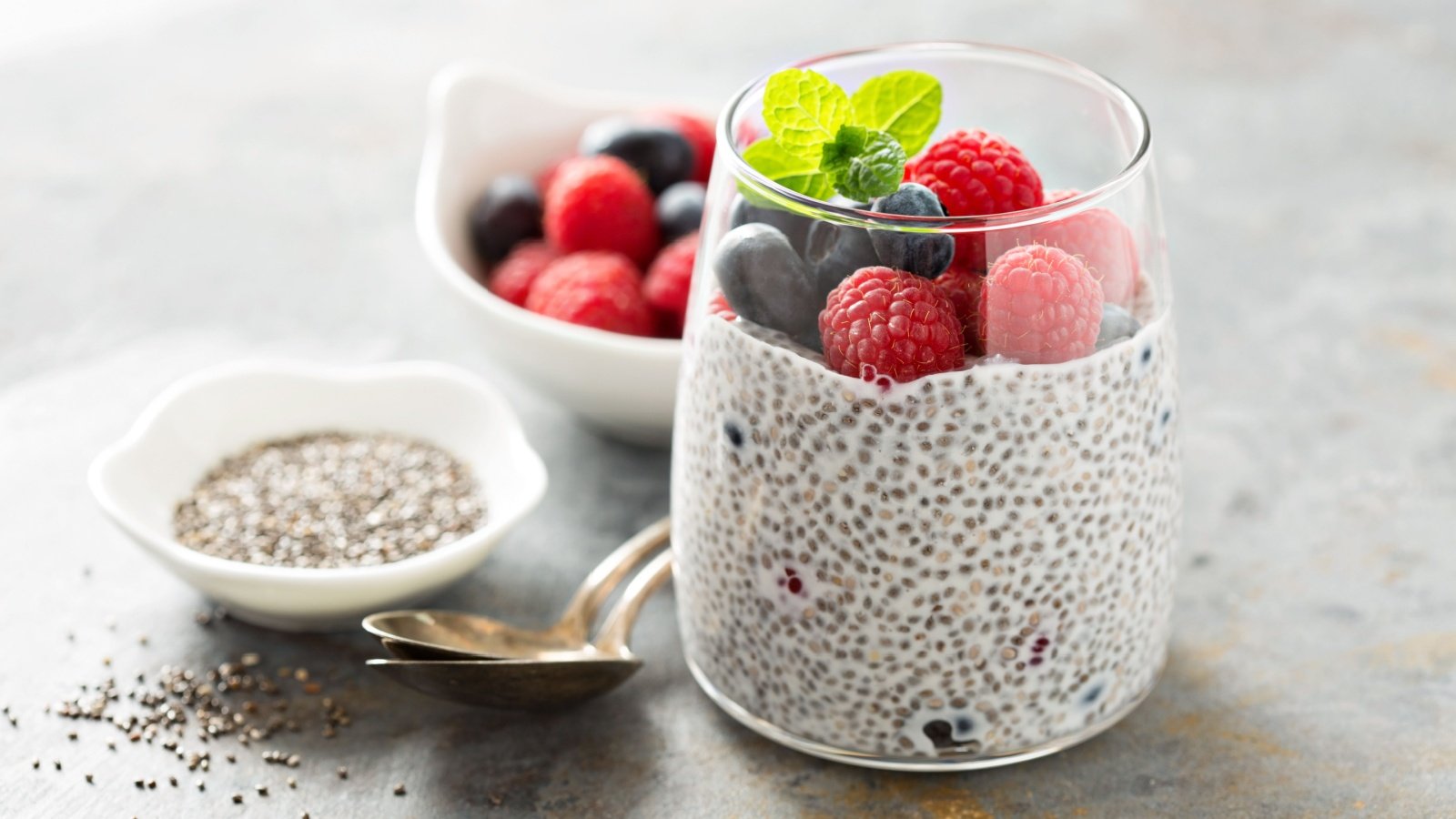
Don’t let their size fool you; chia seeds are packed with omega-3 fatty acids, fiber, and calcium. When soaked, they develop a gel-like texture, making them perfect for puddings and smoothies. These tiny seeds can help in maintaining hydration and promoting digestive health. Adding chia seeds to your diet is a simple way to boost your nutrient intake.
Spinach: The Versatile Green

Spinach is a nutritional powerhouse, offering iron, magnesium, and vitamins A, C, and K. Its mild flavor makes it adaptable to a variety of dishes, from smoothies to pasta. Regular consumption of spinach can support muscle health and eye health. It’s an easy and tasty way to up your vegetable intake.
Turmeric: The Golden Spice

Turmeric is celebrated for its anti-inflammatory and antioxidant properties. This spice adds a warm, earthy flavor to dishes and can enhance the nutritional profile of your meals. Incorporating turmeric into your diet, perhaps through golden milk or curry, can support joint health and cognitive function.
Beets: The Ruby Red Superfood

Beets are not only striking for their color but also for their incredible nutritional benefits. They’re rich in nitrates, fiber, and vitamins, supporting heart health and endurance. Their sweet, earthy flavor makes them a unique addition to salads and juices. Regularly eating beets can boost your energy levels and improve your athletic performance.
Walnuts: The Brain-Boosting Nuts
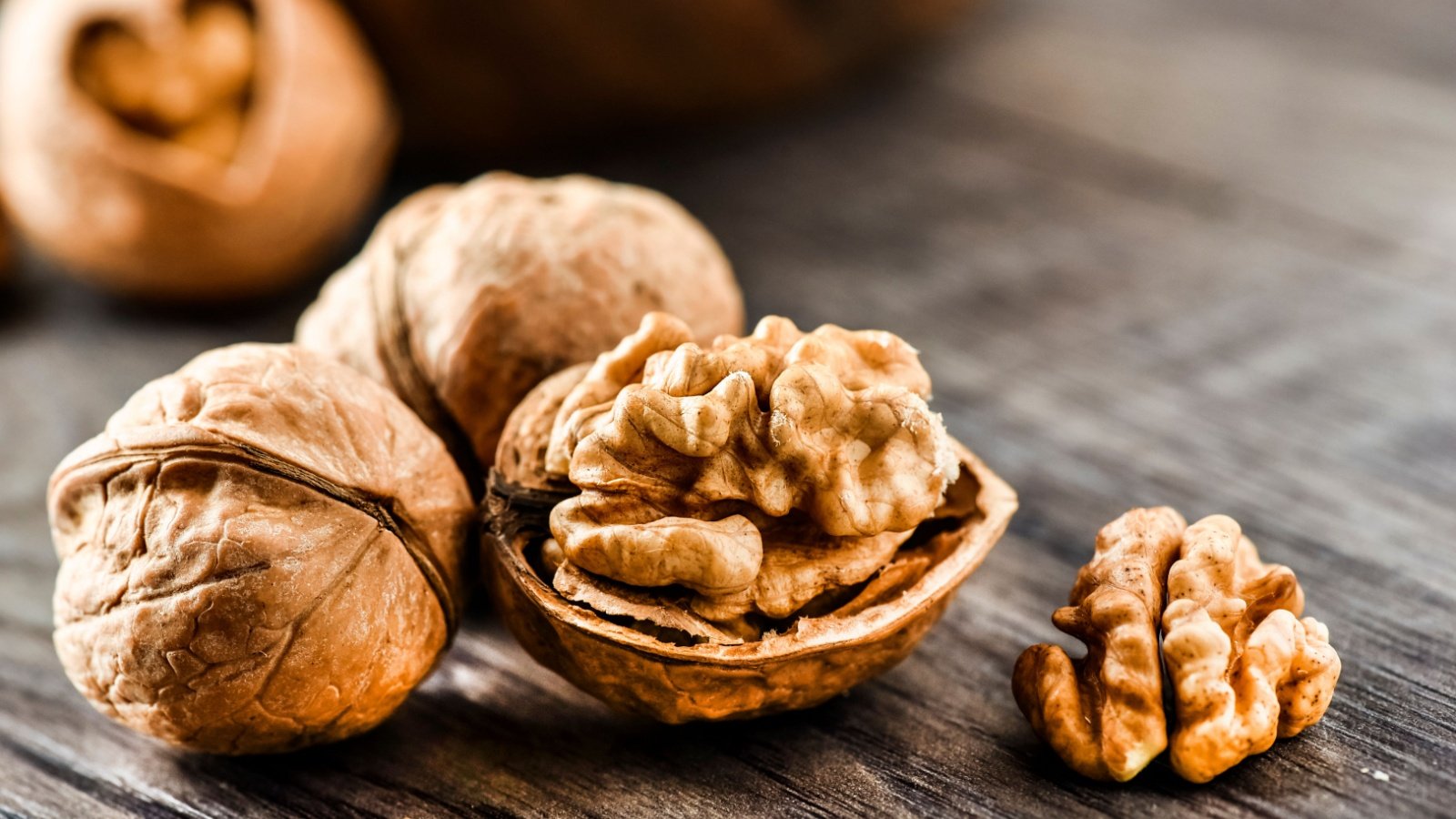
Walnuts are shaped somewhat like a brain, and fittingly, they’re known for supporting cognitive health. They’re rich in omega-3 fatty acids and antioxidants. Their slightly bitter taste pairs well with sweet and savory dishes alike. Snacking on walnuts or adding them to your meals can be a great way to enhance brain health and reduce inflammation.
Ginger: The Zesty Root

Ginger is celebrated for its distinctive spicy-sweet flavor and its digestive and anti-inflammatory benefits. It can be used fresh, dried, or as a powder to add a zesty kick to meals and beverages. Incorporating ginger into your diet can aid in digestion and help soothe an upset stomach. It’s a versatile ingredient that can elevate your dishes’ flavor and healthfulness.
Lentils: The Protein-Packed Pulse

Lentils are a fantastic source of plant-based protein and fiber, making them an excellent staple in vegetarian and vegan diets. Their earthy flavor enriches soups, salads, and stews. Regular consumption of lentils can support heart health and aid in digestion. They’re an affordable and nutritious way to add depth and substance to your meals.
Greek Yogurt: The Creamy Probiotic
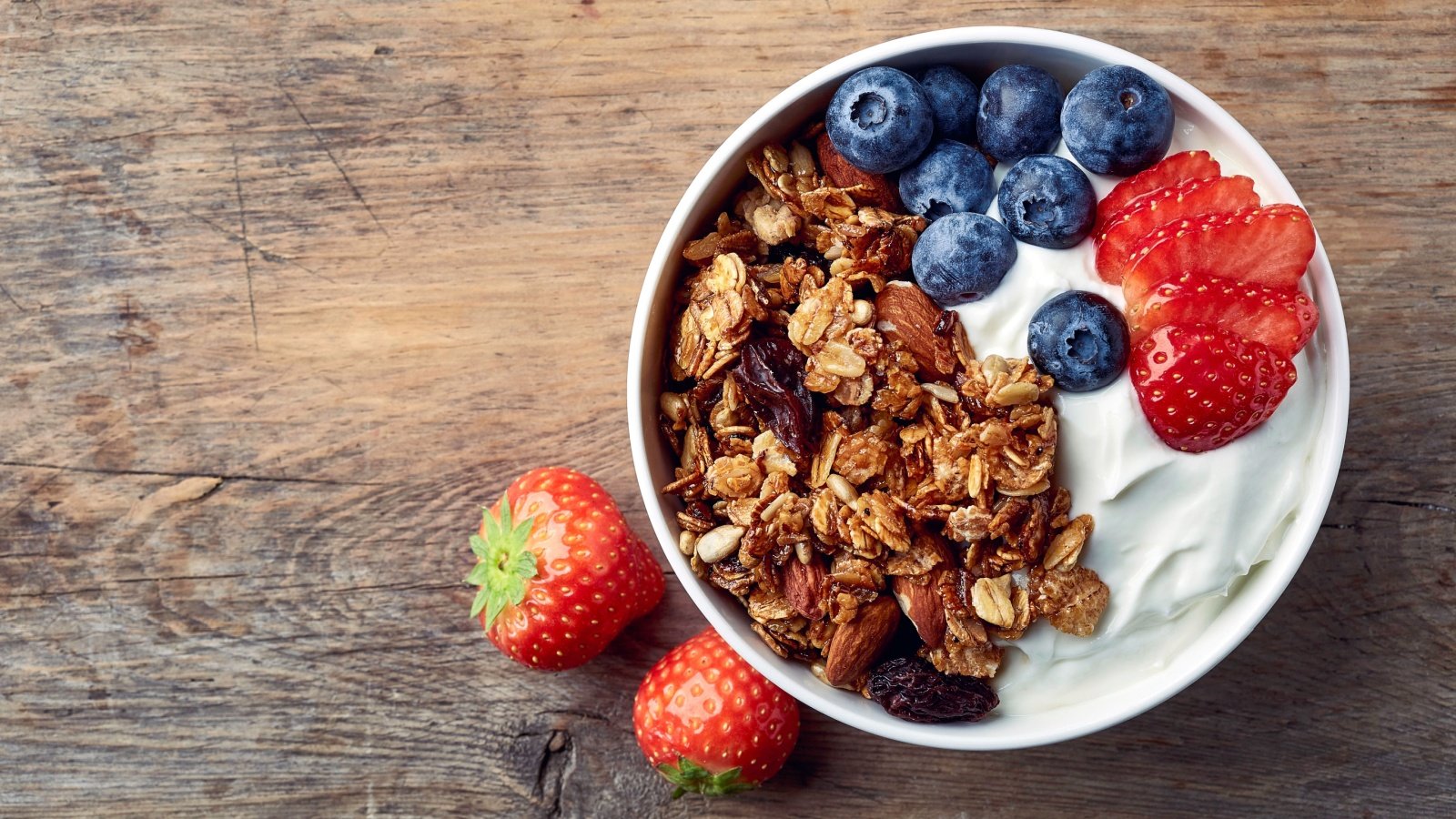
Greek yogurt stands out for its thick, creamy texture and high protein content. It’s also a great source of probiotics that benefit gut health. Its tangy flavor works well in both sweet and savory dishes, from smoothies to dips. Incorporating Greek yogurt into your diet can support digestive health and provide a satisfying, nutrient-rich snack.
Flaxseeds: The Nutty Nutrient Sprinkle
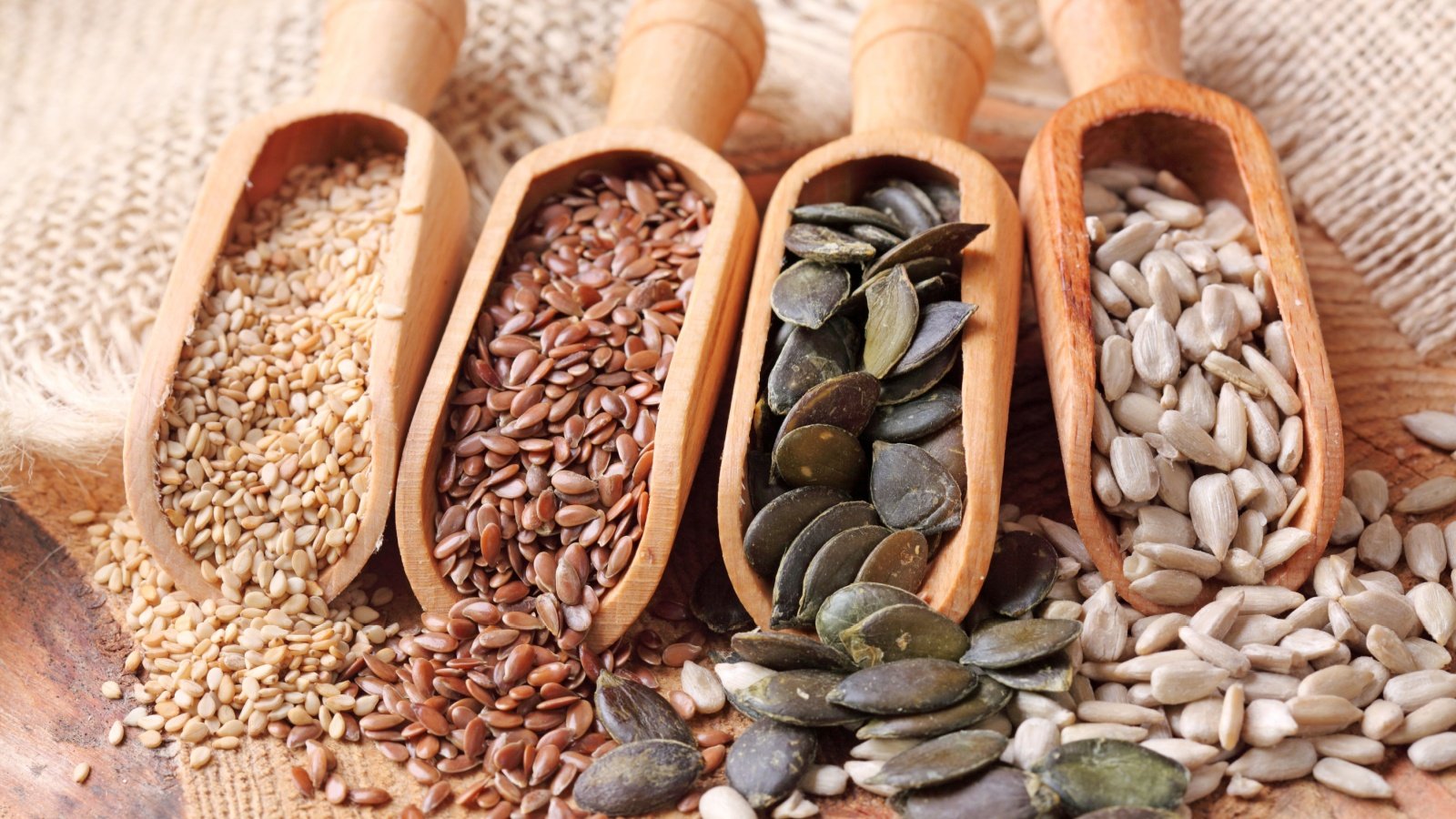
Flaxseeds are a small but mighty source of omega-3 fatty acids, fiber, and lignans. Their nutty flavor adds a nutritious crunch to breakfast bowls, salads, and baked goods. Grinding flaxseeds can make their nutrients more accessible to the body. Regularly adding flaxseeds to your diet can promote heart and digestive health.
Broccoli: The Green Powerhouse

Broccoli is a cruciferous vegetable known for its cancer-fighting compounds and high vitamin C content. Its slightly bitter taste can be mellowed by steaming or roasting. Including broccoli in your meals can boost your immune system and support detoxification. It’s a versatile vegetable that adds a healthful crunch to any dish.
Oats: The Heart-Healthy Grain
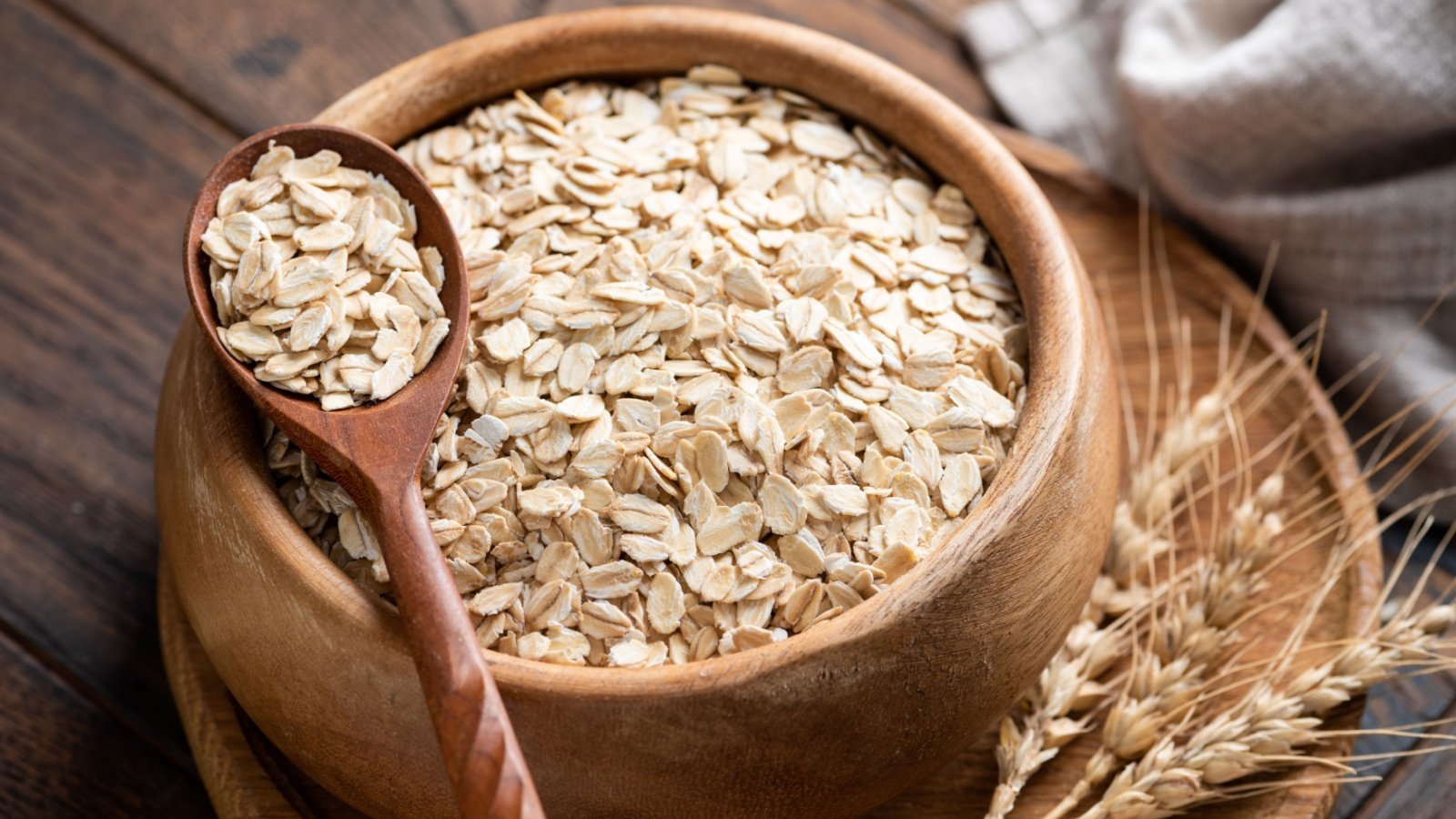
Oats are a staple breakfast grain known for their heart-healthy soluble fiber, beta-glucan. Their mild, nutty flavor makes them perfect for porridge, granola, and baking. Regular consumption of oats can support healthy cholesterol levels and promote digestive health. They’re a comforting and nutritious way to start your day.
Garlic: The Flavorful Immunity Booster

Garlic is renowned for its health benefits, including its ability to boost the immune system and reduce blood pressure. Its pungent flavor adds depth to a wide array of dishes, from sauces to stir-fries. Including garlic in your diet contributes to a healthier lifestyle.
Pumpkin Seeds: The Crunchy Mineral Morsels

Pumpkin seeds are a crunchy snack loaded with magnesium, zinc, and healthy fats. Their subtle nutty flavor makes them a great addition to salads, granola, or as a standalone snack. Eating pumpkin seeds can support heart health and provide a boost of energy. They’re a simple yet nutritious way to enhance your diet.
Cocoa: The Antioxidant-Rich Indulgence
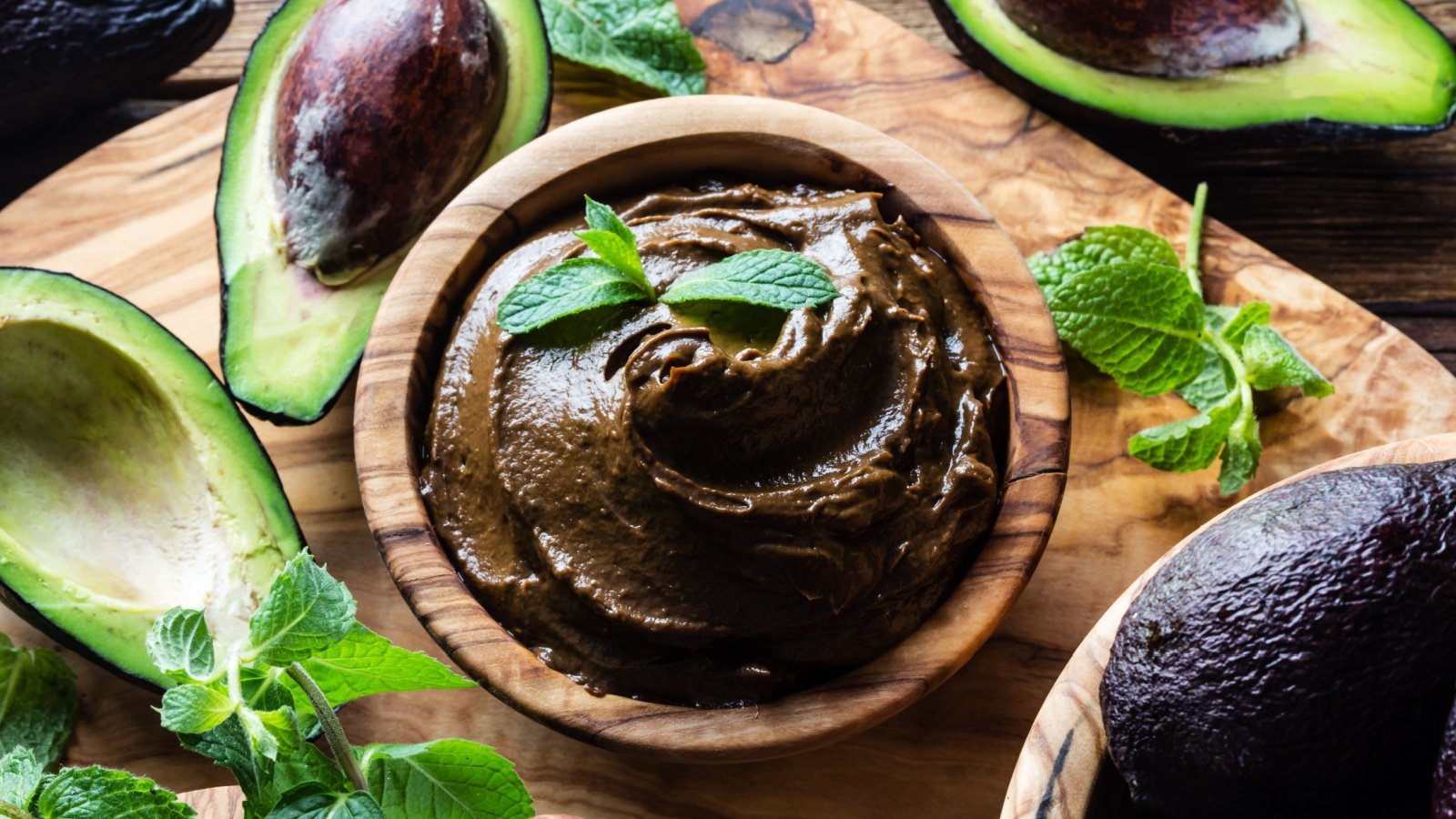
Cocoa is a potent source of antioxidants, particularly flavonoids. In its pure form, cocoa can add a rich depth to smoothies, desserts, and even savory dishes. Incorporating cocoa into your diet can support heart health and improve mood. It’s a guilt-free way to indulge in a bit of chocolatey goodness.







